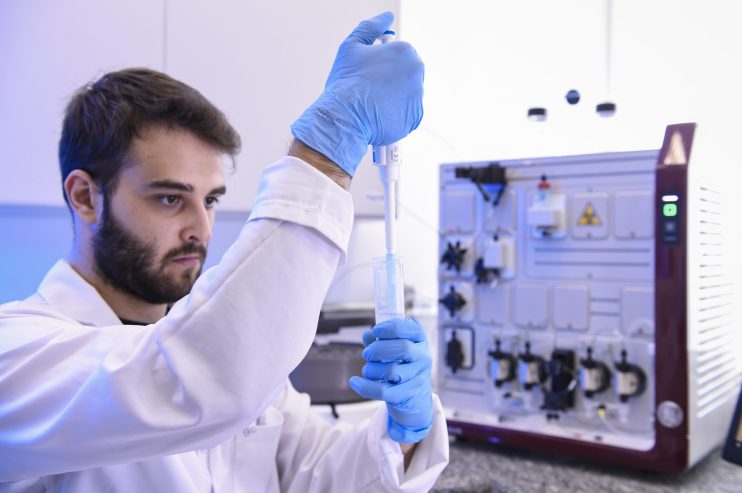Chemistry won the vaccine battle, but logistics will win the Covid war

We are in a global war with Covid-19. And as military wisdom has it, wars aren’t won with the best tactics but the best logistics.
Media coverage around the two initial vaccines — from Pfizer and Moderna — has concentrated on their relative levels of effectiveness and the number of jabs on order.
But positive as that news is, it’s missing the point. The power of the weaponry is, to an extent, neither here nor there.
What matters is the supply chain, because delivering mass vaccination will be one of the biggest logistical challenges we have faced this century.
At 90 per cent and 95 per cent, both vaccines have a reported level of effectiveness that far surpasses the traditional flu vaccine (40–60 per cent). Competition, instead, will be between the supply chains and all the wider equipment and infrastructure involved.
The Pfizer vaccine looks likely to be the “first to market”, with stocks expected to be available in large quantities in the UK from next month. However, the specific nature of the Pfizer vaccine demands freezers and boxes capable of keeping supplies at -75°C as they travel into and around the UK.
The traditional infrastructure for transporting frozen goods is based around temperatures of -20°C to -50°C. That means the vaccine will require specialist freezer transport. Some capacity exists from transporting other vaccines, but it’s relatively limited.
The Moderna alternative might be coming later, but can make use of conventional frozen goods transportation. That’s the kind of information policymakers need to consider when planning a nationwide roll-out.
And there’s more to think about. The impact of any vaccine on the UK population depends on supply chain strategy as a whole: the overall process design; the infrastructure (what warehouses are available, what other equipment is needed to be manufactured, like the freezer boxes for Pfizer vaccine vials, the syringes, the PPE for healthcare workers); the information systems to monitor and manage flows and geographical distribution of stocks; as well as having the organisations, people and skills available to handle administering the vaccine.
Reassuringly, all the recent evidence suggests that UK supply chains are up to the challenge.
As the response to the pandemic has demonstrated so vividly, we’re in an age of highly flexible logistics, with systems that can innovate and adapt at lightning speeds. What happened when an entire population was asked to stay at home? A supermarket like Tesco was able to recruit 45,000 new staff to deliver according to the new model in two weeks. In the wake of early chaos, bodies like the Chartered Institute of Logistics and Transport stepped in to organise a database matching transport resources and needs.
With this bigger picture in mind, governments and health professionals need to seek out and listen to not just pharmaceutical supply chain experts but also those used to releasing products at great speed, such as in the FMCG and technology sectors.
An efficient, effective programme of defence against Covid-19 is well within reach — but it’s critical that debate and decision-making around vaccines is carried out in the context of logistics. That’s how we will win the Covid war.
Main image credit: Getty